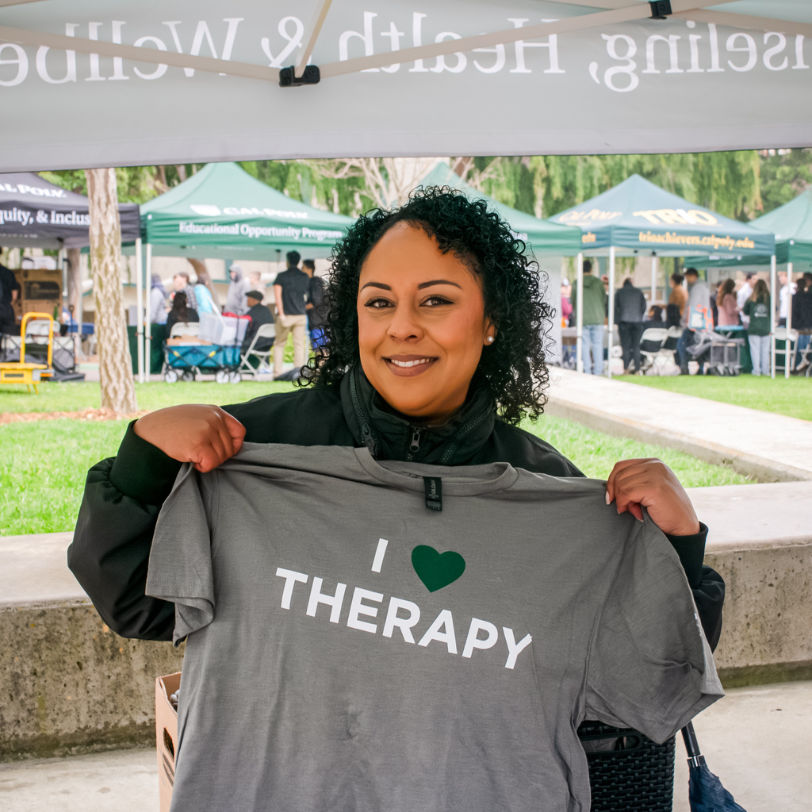Sexual Assault

Immediately after the assault (if the incident occurred within the last 24 to 120 hours):
- Get to a safe place as soon as you can and ask someone you trust to stay with you.
- Contact someone who can help you: a friend, a family member, the police (911), or other campus and community agencies. If you are unsure of campus and community agencies that can help, you can get in touch with an advocate.
- Write down everything that you remember happening, with as much detail as possible. This can help with your own healing process and in any legal action you might decide to take. This may include a physical description of the perpetrator, their identity if you know it, and the use of threats or force.
- Get medical attention. You may have hidden injuries and may want to explore options for preventing pregnancy or sexually transmitted diseases.
- Consider requesting a SART (Suspected Abuse Response Team) Exam. The medical forensic exam provides survivors of sexual assault with medical care and evidence collection. Even if you are unsure if you want to report the assault, you can still collect the evidence for a future case. The SART office can be contacted directly at 805-781-4878 or after hours at 805-781-4550. You have the option to have a SART with or without law enforcement present, and you always have the right to a confidential advocate.
- Try to preserve all evidence of the assault. If you feel comfortable, avoid drinking, bathing, showering, douching, brushing your teeth, or changing your clothes. These activities may alter physical evidence if you decide to receive a medical forensic exam, which can collect DNA in the case that you decide to report the police. It’s also okay if you have already done any of the listed activities - there is still a way to collect evidence if you decide you want a medical forensic exam.
- If you think you were drugged or consumed a sedative-like substance, ask the medical provider to take a urine sample. "Date rape drugs" like GHB and Rohypnol are more likely to be detected in urine than in blood. If you still have remnants of the drink, save them for analysis.
- Get in touch with an advocate if you would like additional help with safety planning, information and guidance on reporting, accompaniments to medical exams or law enforcement, academic or housing accommodations, and connection to resources on campus and in the community
- Safer: Confidential university support. 805-756-2282 or safer@calpoly.edu.
- RISE: Confidential 24-hour support. 855-886-RISE (7473). After hours, RISE can also provide an advocate.



